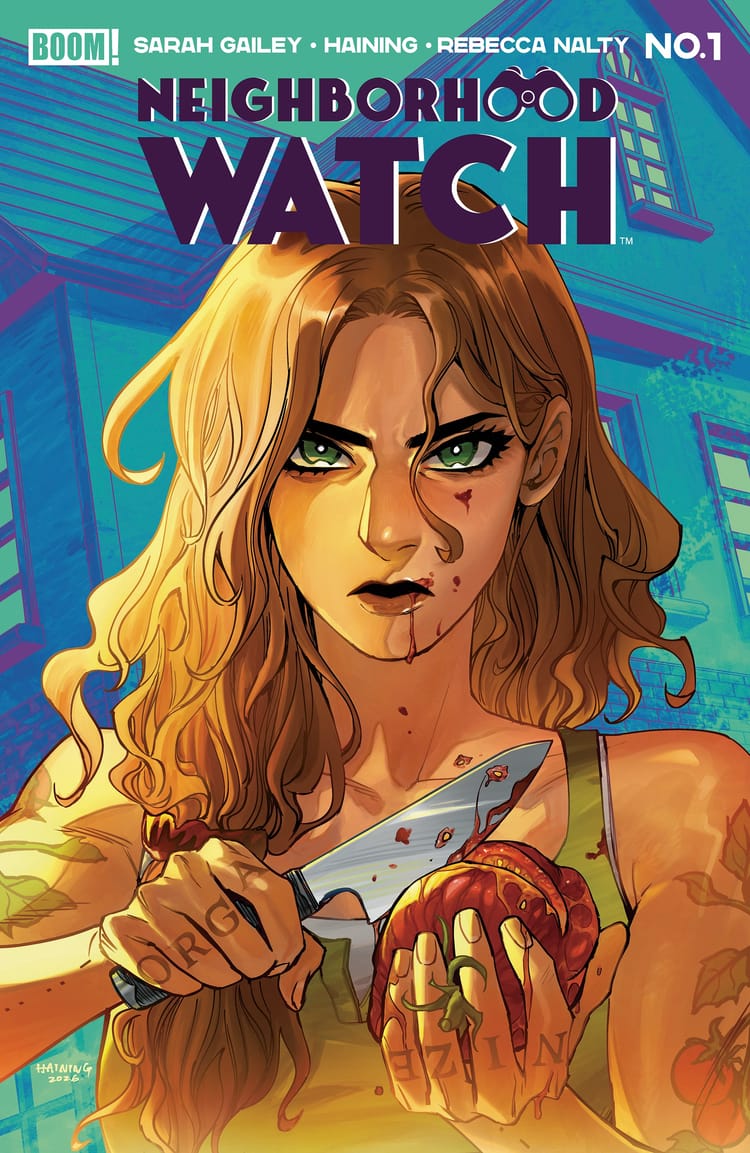Personal Canons: The Bartimaeus Trilogy
In addition to my own reflections and guest posts from brilliant folks in the writing community, the Personal Canons series will also feature essays purchased from among the many dazzling submissions I’ve received over the past couple of weeks. Last time, Innocent Chazaram Ilo discussed the works of Lesley Nneka Arimah. Today, I’m thrilled to feature Noah Johnson.
Noah Angus Johnson is a writer and inhabitant of fantastical places. His work has appeared in Empty Bylines, Schrödinger’s Literary Journal, and cloud formations over the Ohio River Valley. Follow him on Twitter @notascotsman for more musings about how to overcome toxic masculinity and be good to each other.

Bartimaeus and the Ordinary Magic of Toxic Masculinity
The fantasy I grew up with was made for me. I had no end of troubled young men to identify with, a glut of heteronormative angst and blinding whiteness dutifully molded into the same face a thousand times over. I liked the genre because it made me feel good about myself, and in fact I understood this to be its main feature. Fantasy offered an escape from the social strictures of home and school, where unmet expectations invited disappointment, bullying, and exclusion.
But the fantasy I was reading had become its own kind of limitation, a collection of stories written and curated by men featuring male protagonists who become unlikely heroes. These narratives weren’t really interested in interrogating or redefining the masculine values that led readers like me to seek escape. Instead, they wanted only to prove that certain men were being unfairly overlooked, that greatness and heroism could come from anywhere (as long as you were still a cishet white male). Whether their definitions of greatness and heroism should have been something to aspire to in the first place was a question rarely posed.
Enter Jonathan Stroud’s Bartimaeus trilogy. In it, the British Empire is run entirely by magicians, whose power comes from summoning spirits to do their bidding. Commoners without access to this knowledge are a permanent underclass. The titular Bartimaeus is a djinni summoned into the service of Nathaniel, a twelve-year-old boy apprenticed to an abusive master.
Nathaniel is everything I expected a fantasy protagonist to be. He’s precocious, a highly driven and intelligent boy struggling with the emotional fallout of being given up to the magicians by his birth parents. His master is insecure, jealous, and petty, refusing to see the potential in the apprentice he never wanted. Nathaniel takes his education into his own hands by summoning Bartimaeus to help him get revenge on an older magician who humiliates him at a party.
The genius of Stroud’s worldbuilding is that the magicians’ power is derived entirely from the spirits they control. Magic is not a power so much as a relationship. That relationship, however, is immoral and one-sided, a magical slavery inflicted on djinn and other spirits whose very existence in the human world causes them pain. Nathaniel’s ambition is to rise in the ranks of the government and prove himself worthy, driven by pride and grievance against a master who sought to hold him down.
But this goal is inherently unworthy, built as it is on so much pain and oppression, and further, Nathaniel can’t or won’t see that his master is simply the first in a long line of people who wish to see him fail. The very name of Nathaniel’s nemesis, the man who humiliates him and spurs him to vengeance, speaks this truth: Simon Lovelace. Loveless. Competition and dominance are the prime directives the magicians’ society has fostered.
I was too young to recognize all the complexities at work. What I knew was that I related to Nathaniel, but there was something off. Liking Bartimaeus was like being a kid who only liked cheese pizza, having no option but to pick off the toppings I didn’t want or understand, and still being left unsatisfied because the unwanted flavor had leaked into the cheese and sauce. I wanted Nathaniel to be rewarded for his cleverness and perseverance, but the reward was corrupt. It was profoundly uncomfortable. Nathaniel was and is uncomfortable. And no one knows this better than Bartimaeus.
The relationship between Nathaniel and Bartimaeus fascinated and frustrated me. It’s a lopsided facsimile of a buddy cop dynamic, the chipper and acerbic djinni standing in stark contrast to the sober boy magician desperately pursuing the respect of his peers. Bartimaeus has wisdom to offer, if only Nathaniel would listen — he has lived for millennia and seen the same cycle of magical oppression play out countless times — but Nathaniel can only see their relationship in terms of power, and will not grant Bartimaeus the basic dignity of acknowledging his parallel humanity.
Bartimaeus, for his part, doesn’t try too hard to save his master’s soul. The oppressed owe nothing to their oppressors.
I write about toxic masculinity now precisely because it took me a long time to understand the power of this frustration and discomfort. If I hadn’t been so steeped in the fantasy canon that wanted to convince me I had been denied something I deserved, I might have found greater satisfaction in the story of a selfish boy who learns selflessness. I might have recognized the significance of Nathaniel turning his back on everything he had been taught to see as worthwhile. Back then, I didn’t want his achievements to go unrecognized. Now, I understand that was the only way they could have value.
Bartimaeus earns its place in my personal canon for being beguiling and quietly subversive. Stroud’s work got hold of me and gave me a gentle push in the direction of stories that were more than just power fantasies. It led me to other writers with an eye for pulling apart longstanding traditions and examining them from the inside. It showed me that extraordinary magic comes not from mastering rigid systems but from rejecting those systems entirely.
That, I learned, is the real escape.
Personal Canons is a series exploring the works of genre fiction that have shaped us as readers, writers, and people. This series features contributions by established authors, new and aspiring authors, readers, and fans.





Member discussion